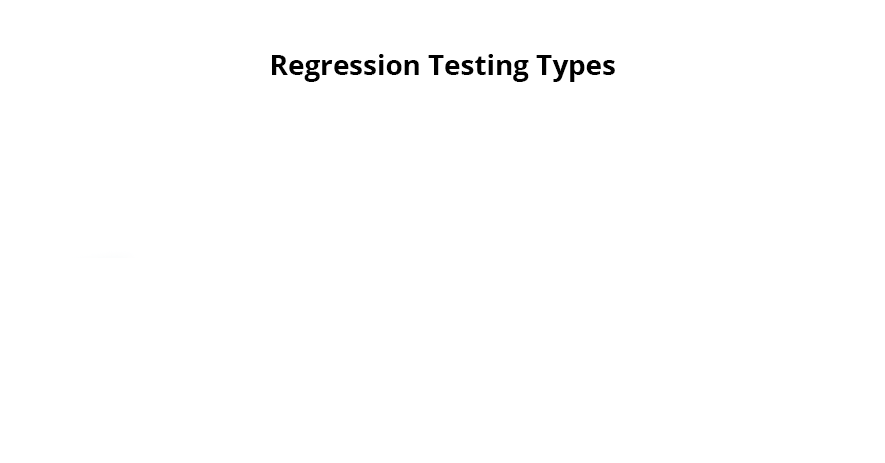- QATestLab Blog >
- QA Basics >
- Types of Software Testing >
- Types of Regression Testing
Note: this article was updated in December 2019.
Regression testing is a type of activity designed to verify changes made to an application or environment, for example: after defect fixing, code merging, migration to another OS, database, web server or application server. The purpose of this tapping is to confirm that the pre-existing functionality works as before. Both functional and non-functional tests can be regressive.
Regression test cases can be obtained from functional requirements or specifications, user manuals, and are conducted regardless of what the developers corrected.
What Are the Types of Regression Testing?
1. Full regression testing is mostly conducted when implemented features have a significant effect on the source code. Also, it is commonly used if more than one code changes have been made.

2. Partial regression testing is performed to check for problems when making slight changes to the code. Partial regression testing aims to make the system work properly after adding a new piece of code.
3. Unit regression testing is focused on units of code. During the testing process, all dependencies and connections are blocked.
Why automate regression tests?
Regression tests should be holistic and focus on the whole area. This balance will help to capitalize on automation. An automated testing approach will help reduce the number of regression errors and help build good customer relationships and increase brand value.
Automated software testing is a verification process, during which the main functions and tasks, such as launching, initializing and executing, as well as analyzing and outputting the results, are performed automatically using the appropriate tools. This action is performed by the technical specialist responsible for creating, debugging and maintenance of test cases, test suites and tools. The work can be carried out using various software, including automated regression testing of the system.
The benefits of test automation should not be underestimated:
- Improved quality of the product
- Accelerated market launch of the product
- Optimized product cost
When to conduct regression testing?
Software regression testing is almost always necessary when the development process isn’t properly organized and has the following characteristics:
- errors in the application architecture;
- unit testing is not carried out;
- poor analytics of the changing requirements’ impact on other program modules;
- high connectivity of modules and code;
- no integration of automated tests;
- no daily builds and constant monitoring of newly emerging problems.
Regression tests are usually performed after searching for changes or new features. However, for a version that takes months, regression tests should be included in the daily testing cycle. Regression tests can be performed after the completion of the shock tests to detect changes for weekly versions.
The regression test is inherently a kind of repeated test to ensure that the specified change does not affect the existing functionality. It can be code, design, or something general that determines the overall system structure.
Rechecking defects is not the goal of regression.
Conclusions on regression type of testing
According to the World Quality Report 2019, on average, 30% of the IT company’s budget is allocated for testing. The experience of QATestLab shows that 50-70% of these costs are spent on regression tests.
If you transfer the interest to real money, you will understand why regression tests deserve your attention and require a carefully thought-out strategy. Choosing the right approach will help to effectively detect all problem areas, eliminate them and provide a high-quality software solution.
Well, we’re hoping you’ve found the advice useful for you. Subscribe to our blog not to miss anything that could help.
Learn more from QATestLab
Related Posts:
- Updates Without Mistakes: Regression Testing in Game Development
- Smoke Testing: What, Why & When
- Top 10 Best Powerful Regression Testing Tools in 2020








No Comments Yet!
You can be the one to start a conversation.